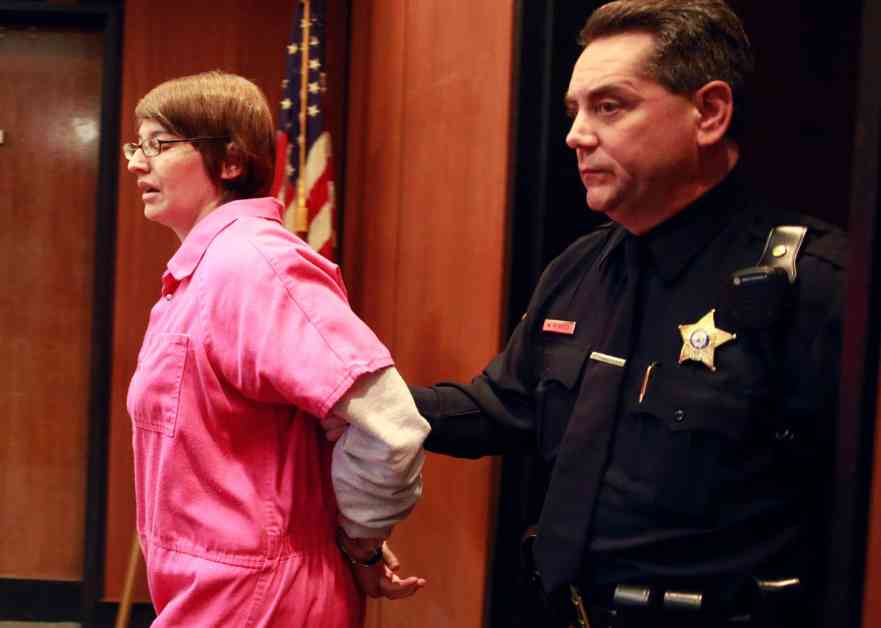Tell Them You Love Me is a documentary that sheds light on the controversial case involving Anna Stubblefield, a former professor accused of sexually assaulting Derrick Johnson, a nonspeaking Black man with cerebral palsy. The film delves into the intricacies of facilitated communication (FC), a method used by Stubblefield to allegedly help Johnson communicate.
The absence of an interview with Johnson in the documentary raises questions about his ability to communicate and the authenticity of the messages conveyed through FC. The film explores themes of autonomy, ability, ableism, and race, refracting the complex issues surrounding the case.
Through interviews with Stubblefield, Johnson’s family, FC expert Howard Shane, disabled anthropologist Devva Kasnitz, and others, Tell Them You Love Me recounts the events that transpired between 2009 and the present day. It provides insight into how Stubblefield entered Johnson’s life and the impact of FC on their relationship.
The documentary highlights the Johnson family’s initial enthusiasm about Derrick’s progress with FC, as he seemed to express preferences and engage in activities previously thought impossible for him. However, tensions arose when Stubblefield claimed to be in a romantic relationship with Johnson, leading the family to report her to the authorities.
The controversy surrounding FC, its validity, and the potential for abuse are also explored in the film. While some argue that FC can unlock hidden communication abilities in nonspeaking individuals, others, including the American Speech-Language-Hearing Association, denounce it as pseudoscientific and harmful.
The case of Anna Stubblefield and Derrick Johnson serves as a cautionary tale about the complexities of communication, consent, and disability rights. It challenges viewers to reflect on their assumptions about the capabilities and desires of disabled individuals and the ethical implications of facilitated communication.
Ultimately, Tell Them You Love Me raises important questions about the intersection of disability, communication, and autonomy. It calls for a deeper understanding of the challenges faced by disabled individuals and the need for respectful and inclusive approaches to communication and support.
As society continues to grapple with issues of ableism and discrimination, stories like that of Anna Stubblefield and Derrick Johnson serve as reminders of the importance of empathy, respect, and advocacy for marginalized communities. The documentary invites viewers to consider the complexities of disability rights and the profound impact of communication on individual autonomy and dignity.


